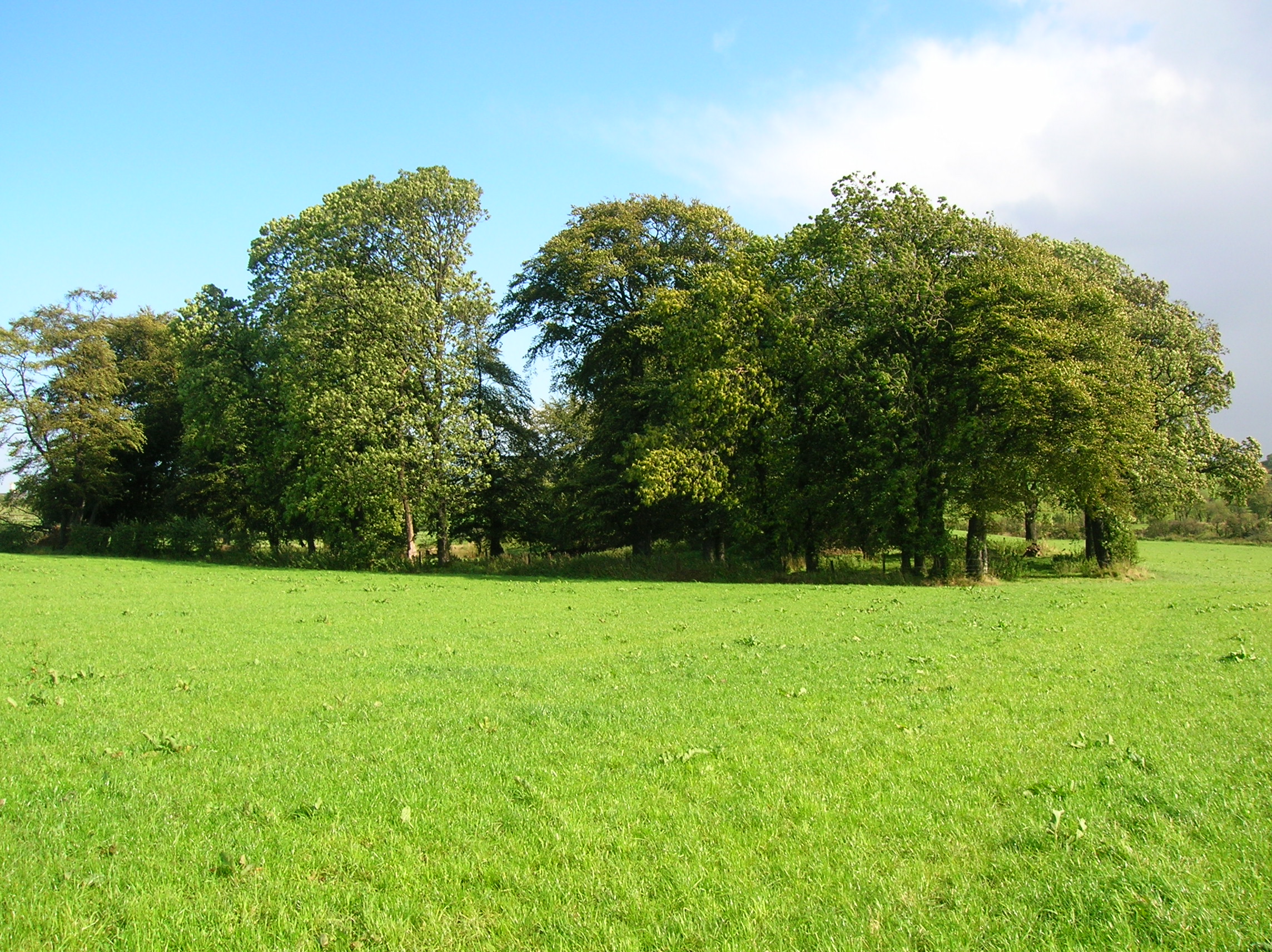 News
News
Graphic Information design intern needed
This summer, to celebrate our 10th anniversary, we – the Flow UK team – want to offer a paid internship for a talented visual designer who is looking for some developmental experience in the cultural sector. This opportunity could provide you with a stimulating challenge, new contacts and insights, access to innovative models of thinking and material for your portfolio.
Description of the role
Your work would contribute to the visual development of our company, working across a range of projects to ensure our materials are clearly presented and consistent, and that our models are well defined. This may include designing creative tools and resources to use in workshops, and visualising the insights and data we collect. We would also welcome a critical review of our current brand.
Current projects include ‘Future Views’ a speculative design project imagining the future generation of cultural learners; ‘Cultivate’, supporting collaboration between educators, developers and creative practitioners in the built environment within the Nine Elms regeneration area; devising and delivering training materials in Experience Design and Narrative Theory. Other clients include arts and ecology producers Invisible Dust, and several museum and heritage organisations including the Science Museum and the National Maritime Museum.
This is a full or part time paid internship, for up to 10 weeks between June and August, we can offer up to £250 per week including all expenses and VAT.
Flow does not have a dedicated office as we prefer to co-work in various spaces in South East and Central London. We most regularly work in the Members Lounge at the Royal Festival Hall, so we will pay for the successful candidate to become a member, valid for a year. Work hours are flexible and some work may be done at home.
Following the internship there may be further opportunities for freelance work on an ad-hoc basis.
What we can offer
This opportunity would suit a Design-based MA or PhD student or graduate at early career stage, of any age, looking for an experience that gives a chance to shape an organisation that gets people more engaged with arts, science, history and heritage sites. You will benefit from our insights based on decades of experience in the cultural sector, will be able to learn about working with a variety of organisations such as national museums, arts policy bodies and science institutes, and explore new emerging areas of cultural work such as in regeneration areas.
Your skills
The main skillsets for this are:
Design Thinking, and experience of Service Design and Experience Design
Excellent Graphic Design skills, especially diagrams/infographics
Digital skills, for example with WordPress
Writing and editing text
Fluent in English
You will need to have your own access to computer equipment and design software, ideally the Adobe suite. It would also be very useful to have access to Microsoft Word and Excel.
How to apply
Interested applicants should email [email protected] with the subject line ‘Visual Design Intern’ by 6th June. The email should include a link to your portfolio and a cover letter describing your interest in the position, and availability to work in London for several days a week over the summer. We would particularly like to hear what you hope to gain from the role, and what excites you most about the opportunity. We will be holding initial interviews on 9th and 13th June in London.
We are led by our values in Flow – and are committed to equality, social justice and environmental sustainability. We will not discriminate on any grounds.




